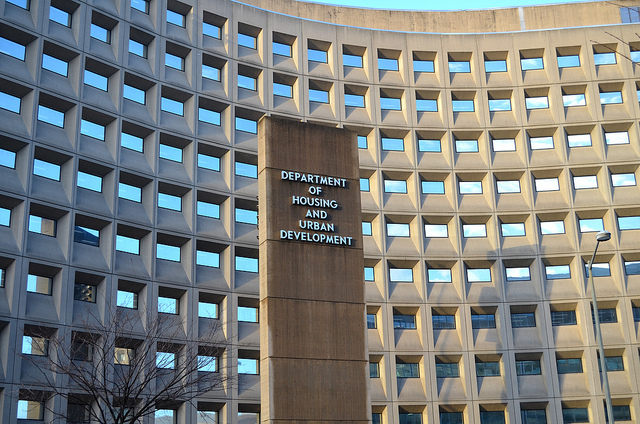
An individual worth $1.6 million living in Oxford, Neb. pays $300 a month for a one-bedroom apartment, but not because of the Nebraska housing market.
This tenet is among the more than 25,000 well-off families and individuals that have a taxpayer-subsidized roof over their heads thanks to ‘egregious’ abuse of the public-housing system.
According to an Inspector General (IG) audit of the Department of Housing and Urban Development (HUD) released in July, thousands of ‘over income’ families have received housing assistance despite exceeding the program’s income eligibility limits.
In some cases, the tenets’ income far exceeded the amount to qualify for government assistance, like the case from Nebraska:
Also, this tenant had total assets valued at nearly $1.6 million, which included stock valued at $623,685, real estate valued at $470,600, a checking account with a balance of $334,637, and an individual retirement account with a balance of $123,445. As of April 2014, the tenant paid a flat rent of $300 monthly for the public housing unit.
Taxpayers aren’t just footing the bill for millionaires.
The report found a family of four in New York making nearly $500,000 a year, but paying only $1,574 a month for a three-bedroom apartment and a Los Angeles family of five making over $200,000 but only paying $1,091 a month for a four-bedroom apartment. The low-income threshold in New York was $67,100 and $70,450 in Los Angeles.
Of the 25,226 over income families receiving taxpayer-funded housing, 17, 761 families, or 68 percent, had been earning more than the qualified for over a year. Over half of those families, 13,388, earned more than $10,000 over the 2014 income limits. Seventy-percent of the over income families had resided in government housing for over a year.
The report estimated that taxpayers will pay over $104.4 million this year to keep these families in subsidized housing.
Despite the IG’s report, HUD has no plans to evict any of these families. The department doesn’t require HUD officials to remove over income families –it urges them to stay.
HUD claims that by implementing a policy to evict families that no longer qualify for public housing would ‘negatively affect their employment and destabilize properties.’
Under current regulations, tenets may remain in government-provided housing as long as they want, regardless of income. HUD only considers income when an individual or family applies for housing, it does not perform financial reassessments.
HUD officials attempted to shrug off the report’s findings, arguing that because families that were found to be abusing the system account for 2.6 percent of the 1.1 million families receiving assistance, it wasn’t necessary to implement any changes.
The 25,226 families in government housing receive it at the expense of over 300,000 families stuck on waiting lists that actually qualify for assistance. According to the report, 65-percent of over income families remain in public housing for up to 8 years and 5-percent stay for over 9 years.

